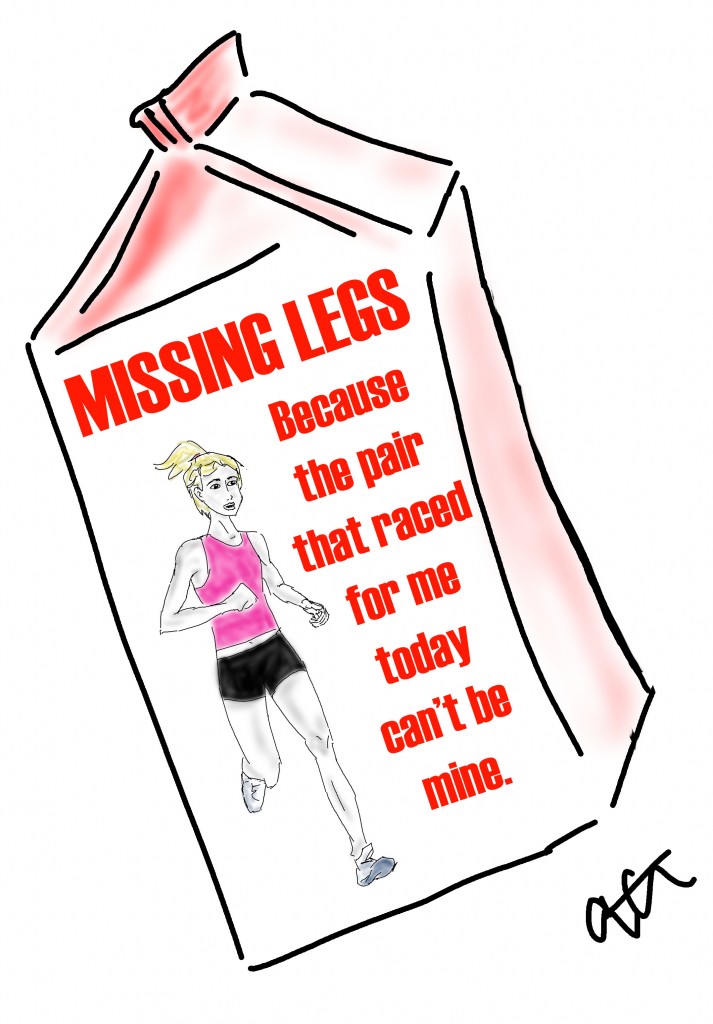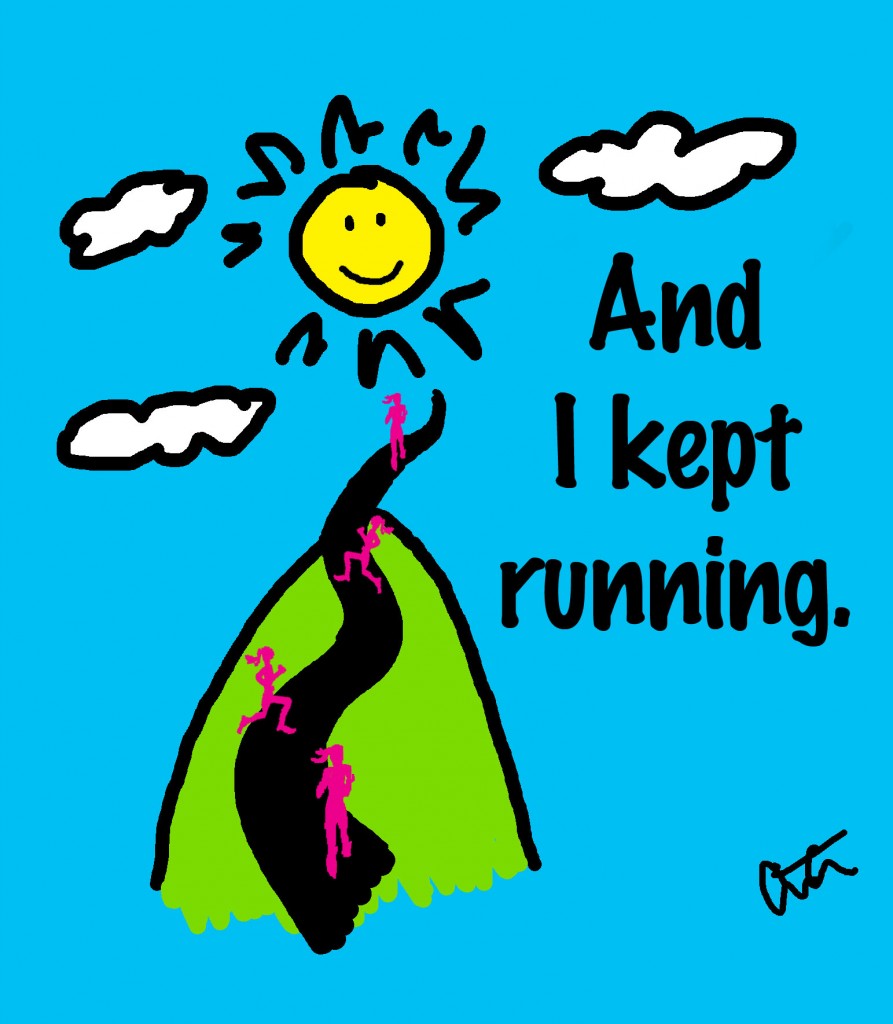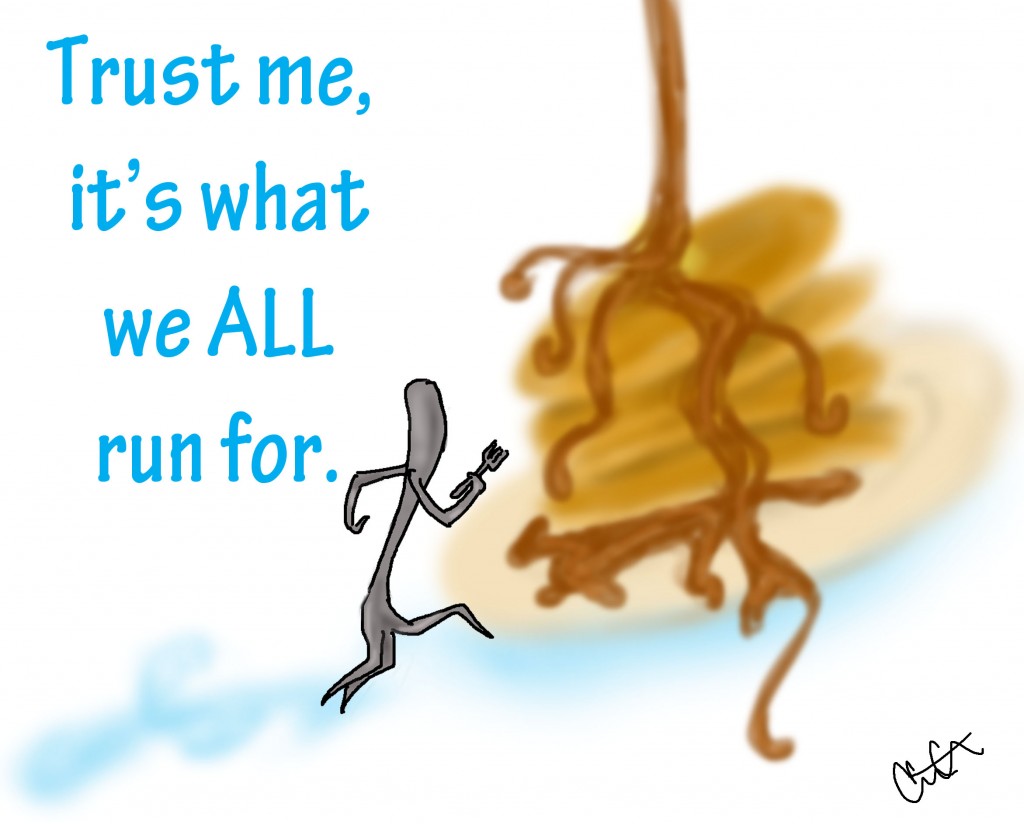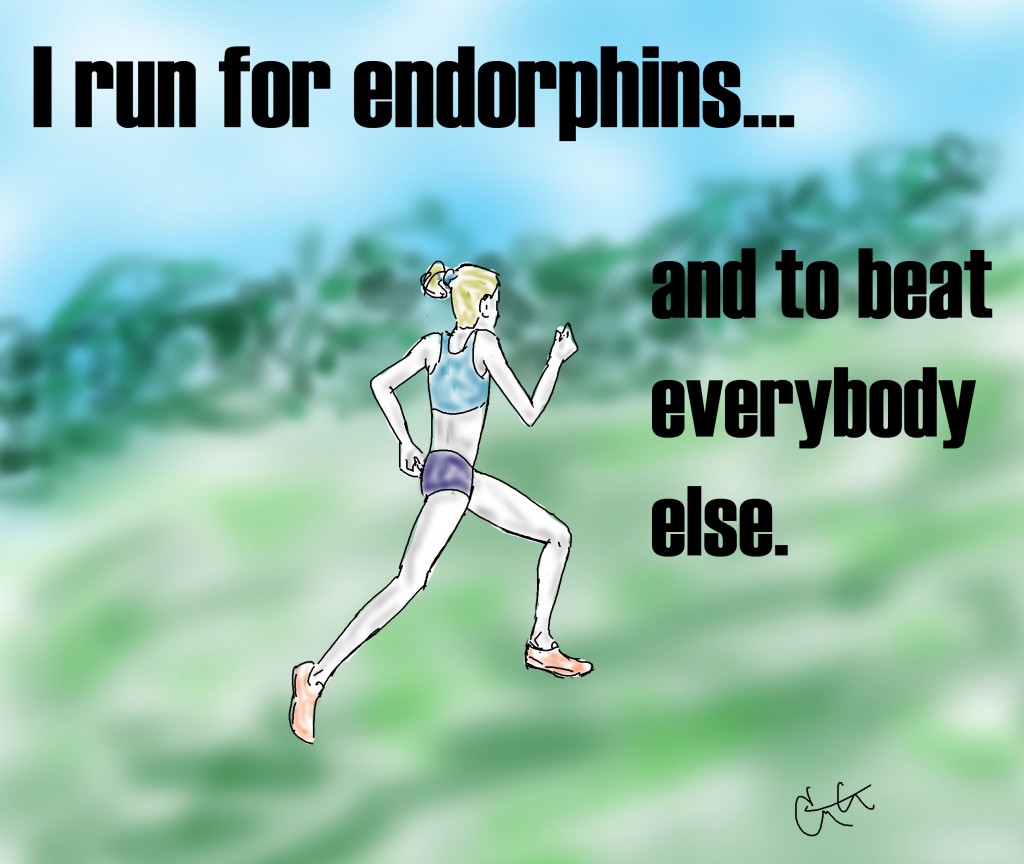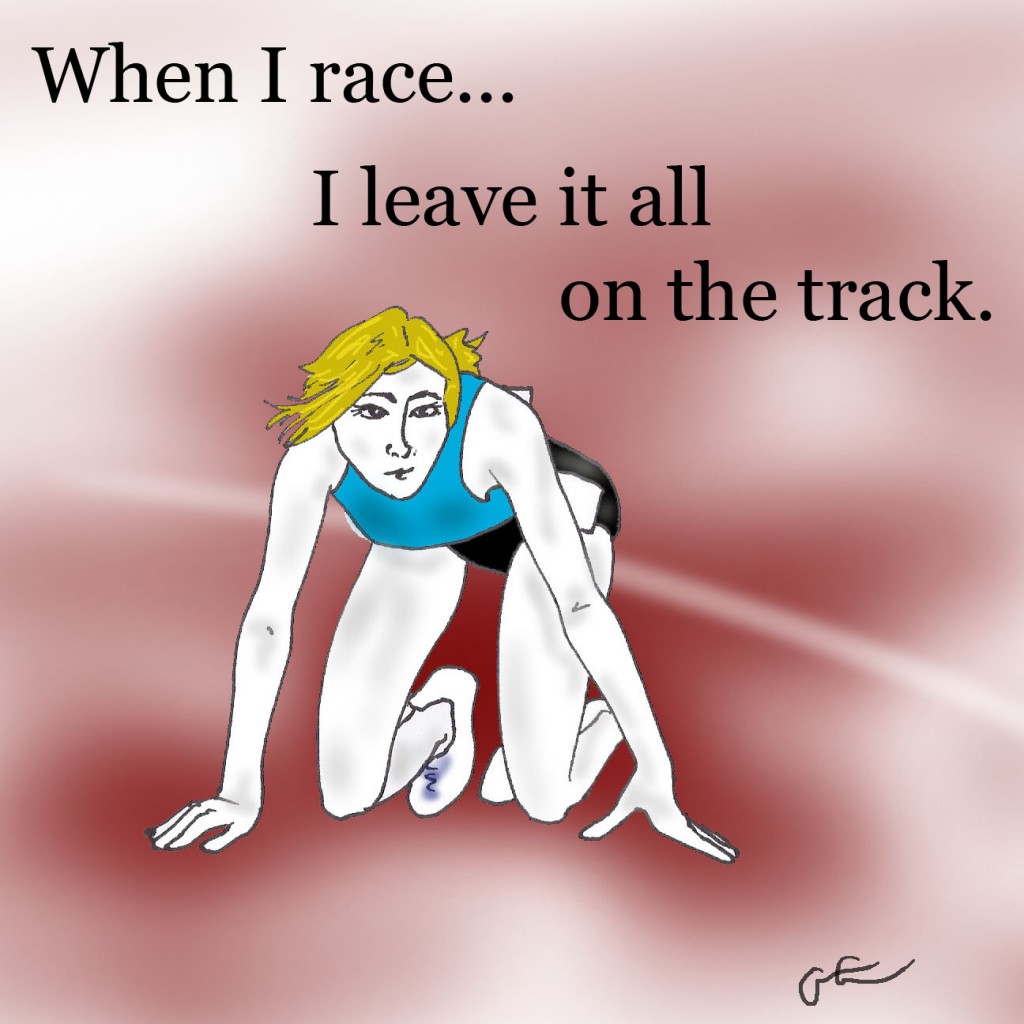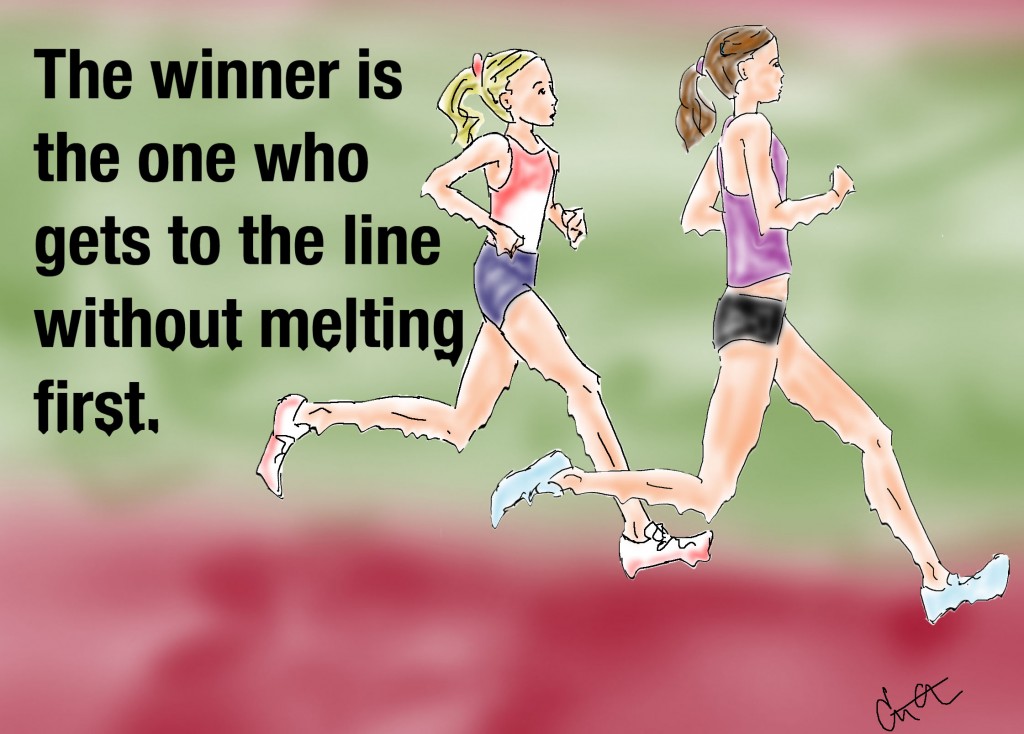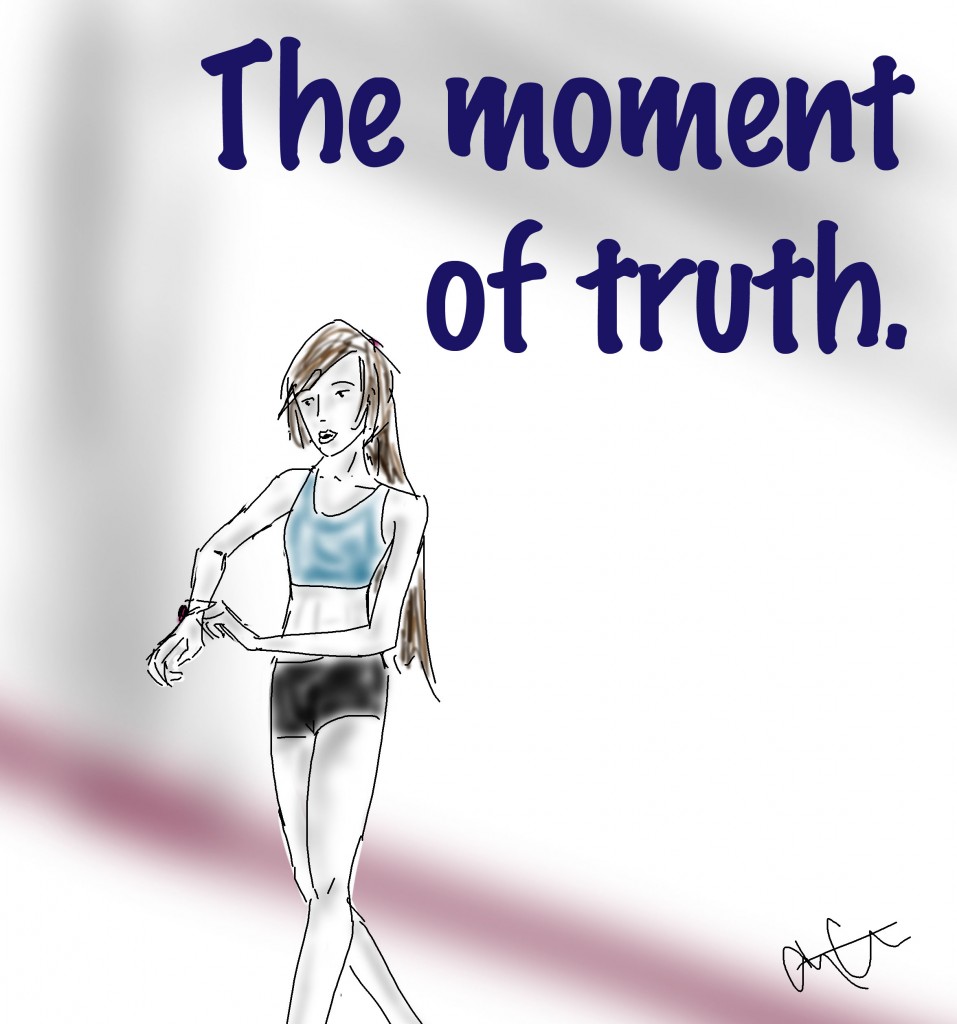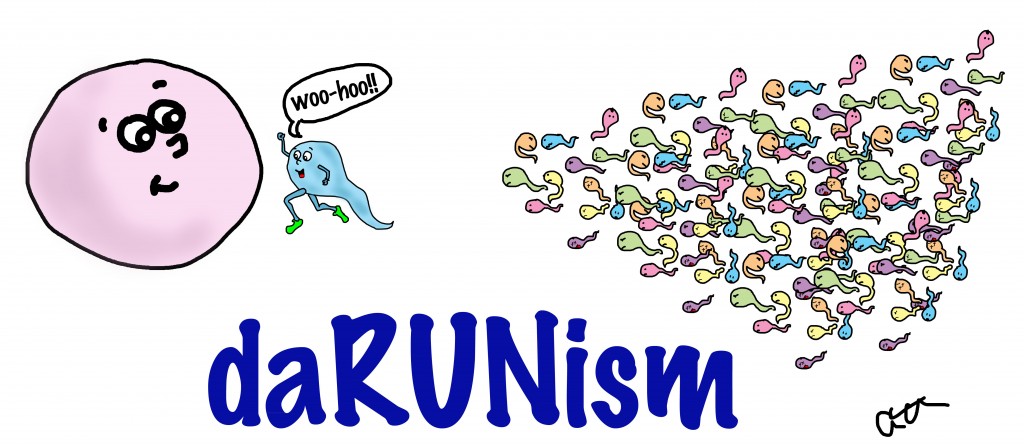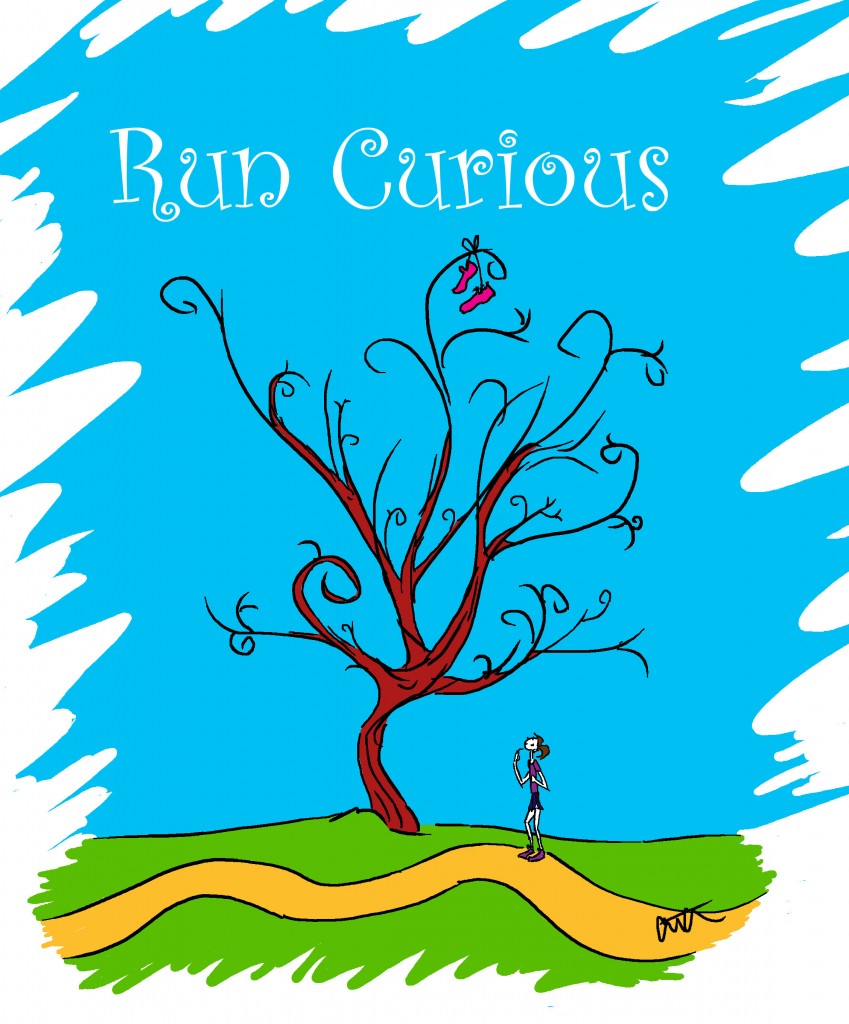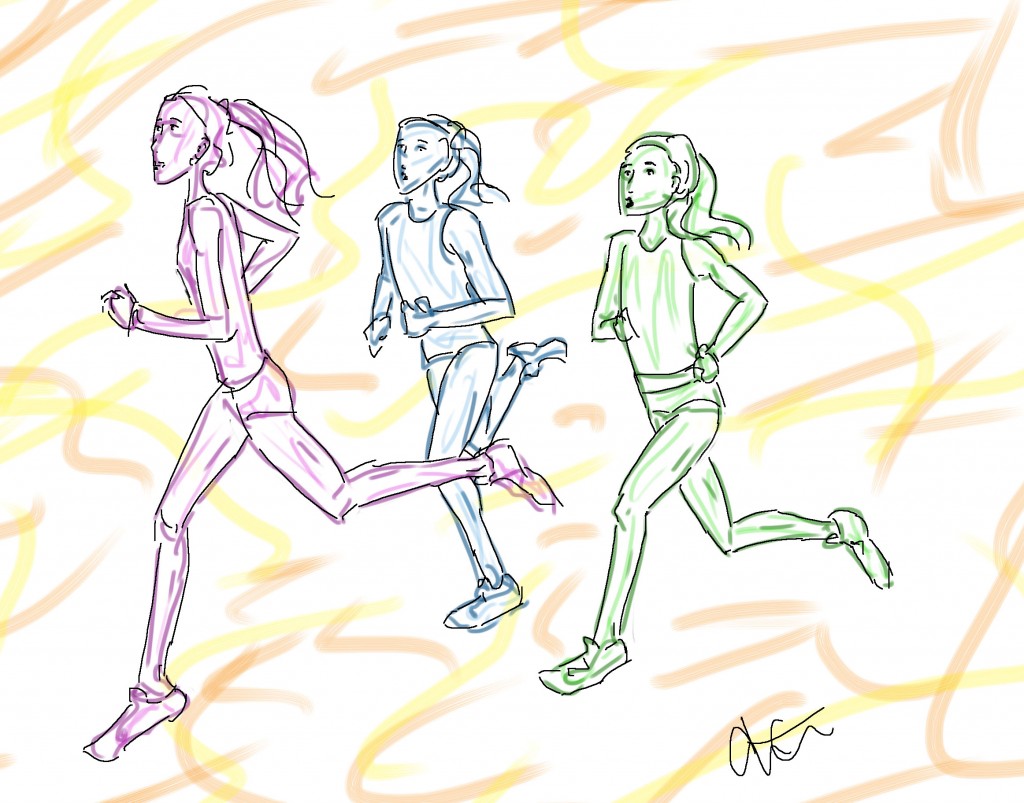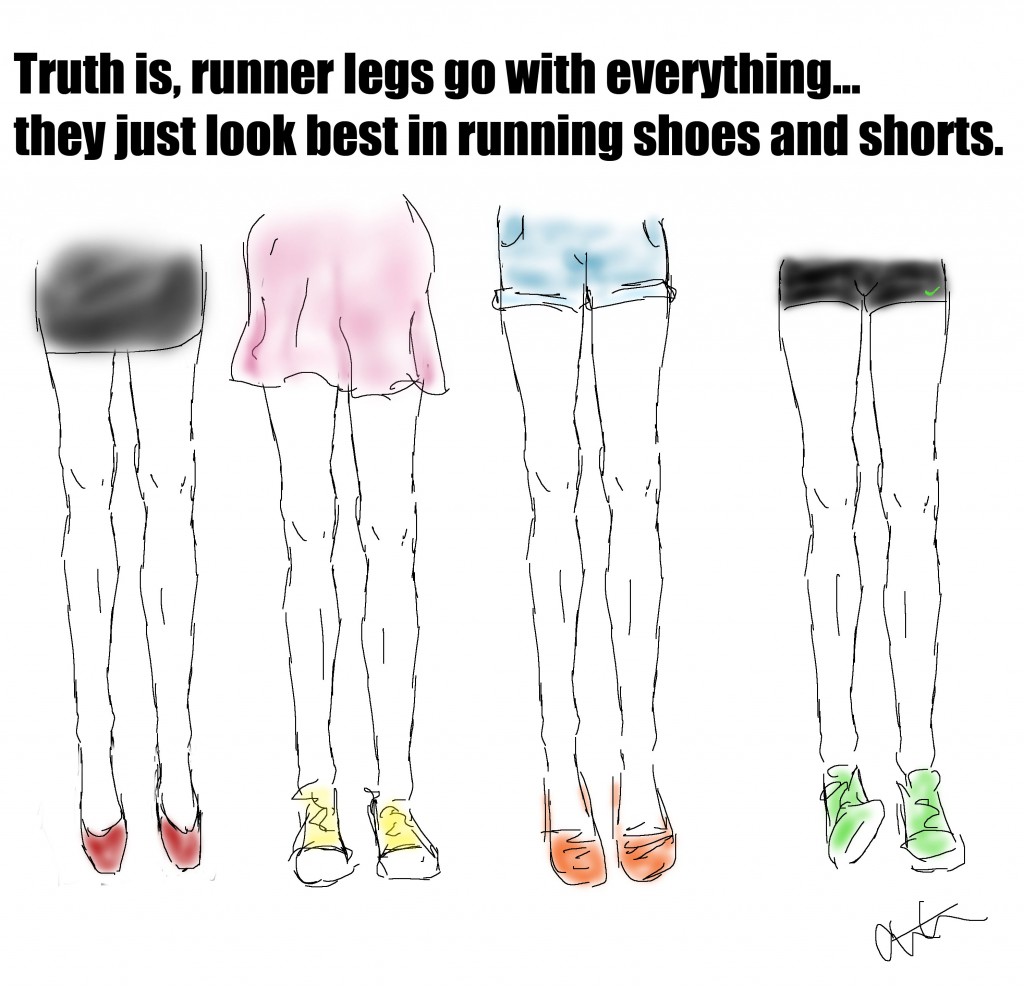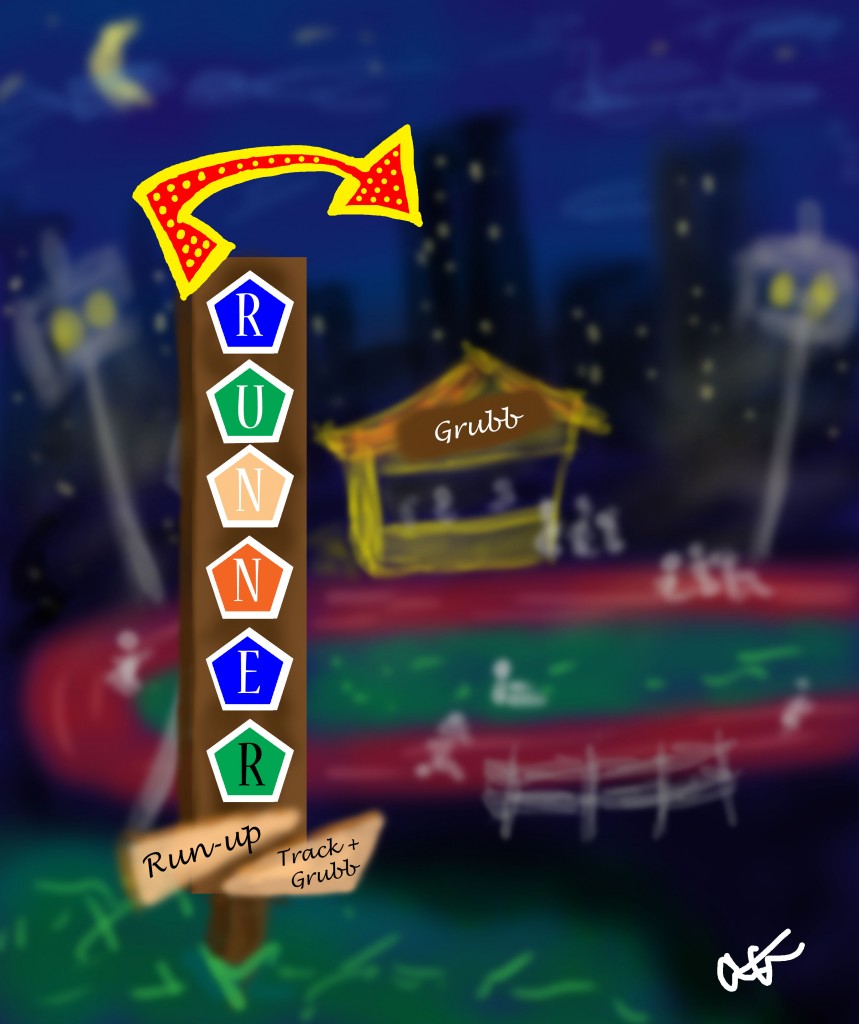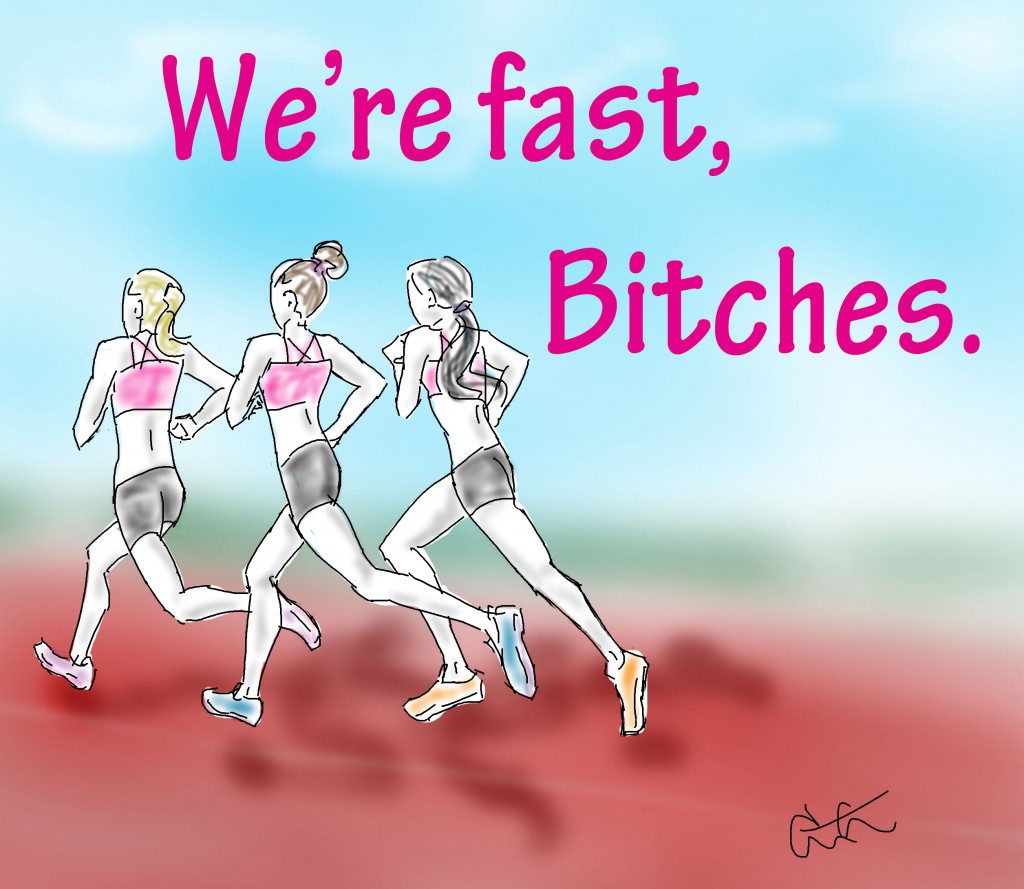For a richer, fuller life…RUN.
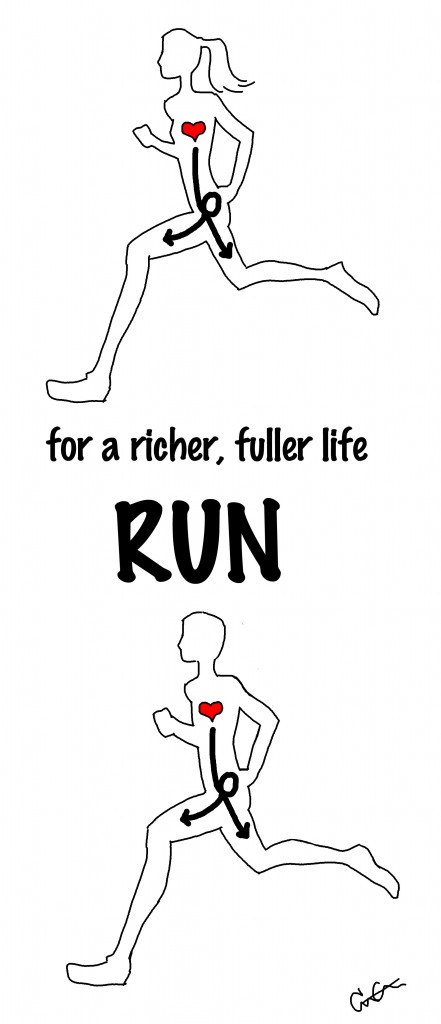
I happened upon this old school public service announcement:
 Source
Source
While I do love to read, I think I love running more. You should too. 😉
———–
Just sent out some more ‘Get Chicking’ shirts! Be sure to get yours. 🙂 The amazing Julia is currently running the Ragnar Relays in hers…LOVE IT!!
———-
1) For a richer, fuller life…[fill in the blank]
2) Were you much of a reader growing up? Were you much of a runner/sports person growing up?
3) Name one thing running brings to your life outside of anything physical.
Sanity. [well, it makes me at least more sane. :)]

